School history lessons, and the educational media used in them, are important sites in which concepts of the national are (re)produced and, at the same time, notions of pluralisation and differential equity are negotiated. This book explores how textbook authors, editors, publishers and producers of digital educational media for the history classroom construct concepts of the national and of plurality, and with what implications, thus combining nationalism research, intercultural education science, educational media research, and history didactics. Based on a discourse-analytical evaluation of interviews with producers from German publishing houses, the study questions common dichotomies such as those between national closure and societal pluralisation. By examining the intersections between a firm advocacy of diversity and yet also a dominance of national categories, the book unveils pedagogically relevant tensions between the potential of history textbooks to promote pluralisation, the objectives of the educational media producers, everyday routines in publishing houses, and possibilities for intervention that shift the boundaries of textbook knowledge.
Publikationstyp: Hochschulschrift
Sparte: Universitätsverlag
Sprache: Deutsch





